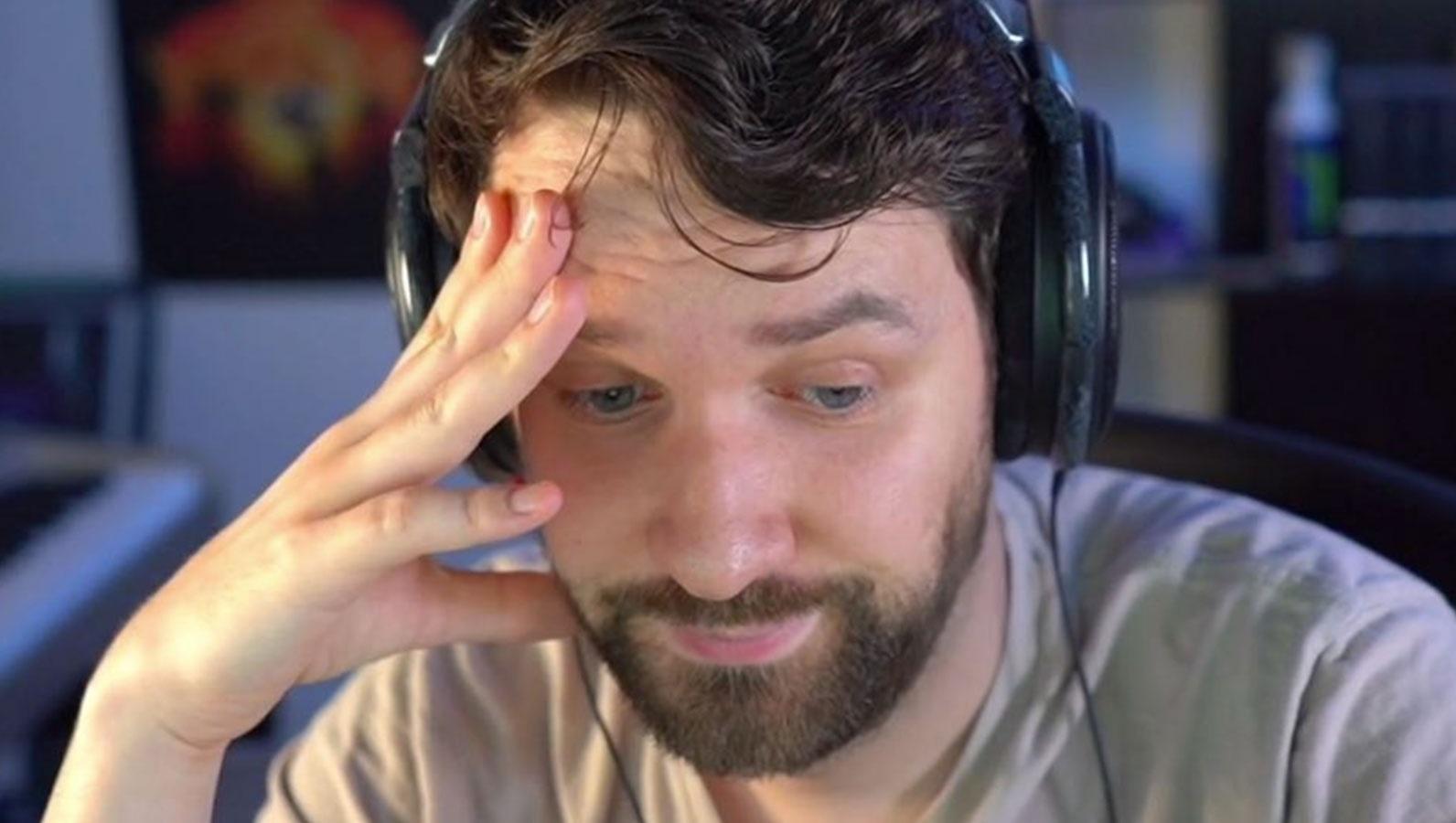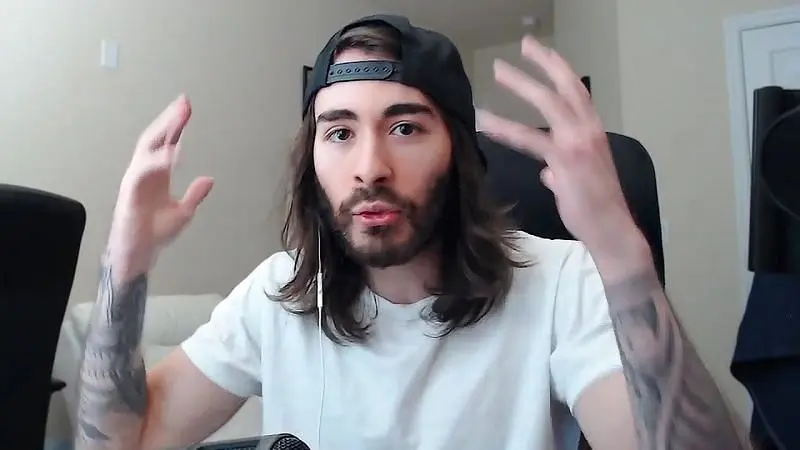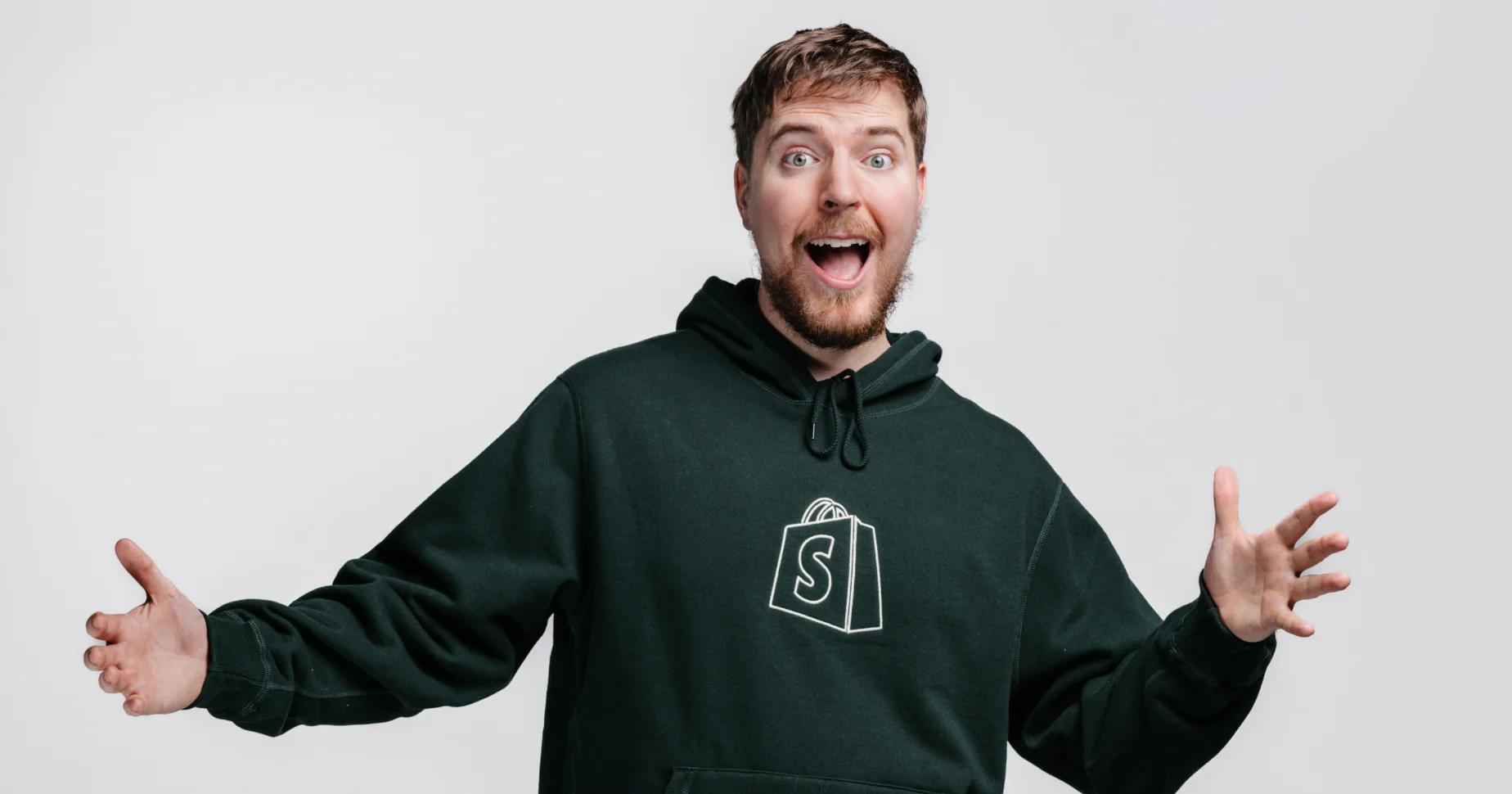
“How is your wife?”: Destiny and Ludwig beef gets personal
“He’s really burning bridges he never had for no reason.”

MoistCr1TiKaL is suing US Immigration after losing his Moist Esports Apex Legends team
He wants his Apex Legends team back.
Twitch

Adin Ross returns to Kick, reveals reason behind break
And he has big plans!

Who won Pokimane gaming session at CDawgVA charity auction?
Who won three items?

Streamer Destiny reveals the real reason behind his Kick ban
He’ll be unbanned soon, though.

Political streamer Destiny has been banned on Kick, here’s why
He has also been demonetized on X.

Adin Ross wants to return to Twitch, but there’s a problem
He’s re-branding…sorta.

Ibai sets new Twitch record for the third consecutive year
His La Velada 4 stream has set a new world record.

What’s the Darla and FaZe Lacy controversy?
Here’s what really happened.

SteveWillDoIt responds to the funny mugshot from Universal Studios’ arrest
He thinks he could do better.

MrBeast hits 300M YouTube subscribers, reveals biggest video ever to celebrate
That’s one way to celebrate it.









